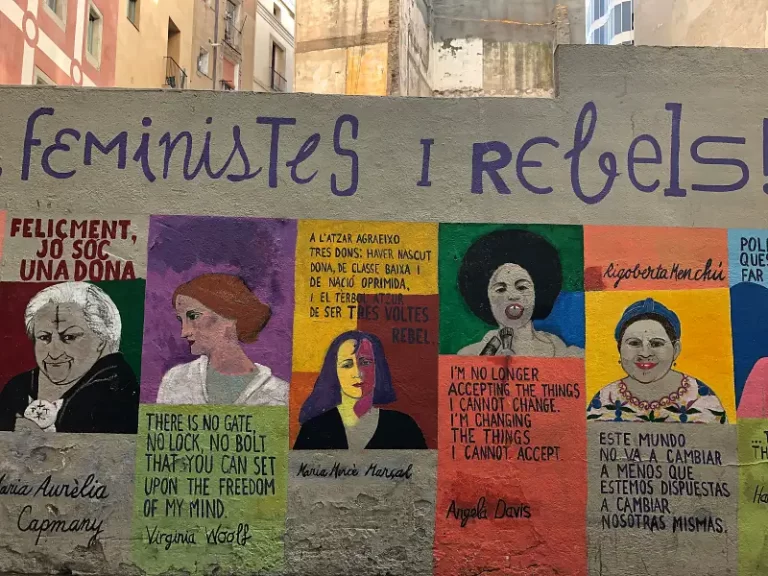Table of Contents
- Understanding the Conventional Family
- Ann Oakley’s Feminist Critique
- The Feminist Critique of Gender Roles in the Family
- The Legacy of Oakley’s Work
- Conclusion: Reimagining Family Roles
The family is often seen as the cornerstone of society, with traditional family structures playing a significant role in social stability. However, feminist sociologists like Ann Oakley have critiqued the conventional family for perpetuating gender inequalities, particularly in the division of domestic labor. Oakley’s work has been instrumental in highlighting how these inequalities within the family unit reflect broader societal gender dynamics. This article will explore Oakley’s feminist critique of the conventional family, focusing on the unequal distribution of domestic labor and the broader implications for gender roles in society.
Understanding the Conventional Family
The conventional family is typically defined as a nuclear family, consisting of a legally married heterosexual couple with one or more children. This family form is based on traditional gender roles where the man, often the breadwinner, works outside the home, and the woman, typically the homemaker, is responsible for domestic duties and childcare. The conventional family has been regarded as the “ideal” family structure, especially in the mid-20th century UK context.
- Gender roles within the conventional family are clearly defined, with men and women occupying distinct spheres: the public sphere of work for men and the private, domestic sphere for women.
- This family model supports a patriarchal structure, where men hold power and authority both within the family and in broader societal institutions.
Despite the enduring perception of the conventional family as a stable and beneficial arrangement, feminist theorists argue that this structure reinforces systemic gender inequalities, particularly through the unequal division of labor.
Ann Oakley’s Feminist Critique
Ann Oakley’s feminist critique of the conventional family focuses on the unequal distribution of domestic labor, which she argues is central to the oppression of women. Her work in the 1970s was groundbreaking in exposing the myth of equality within the family, demonstrating that even when women engage in paid work, they still bear the brunt of household responsibilities. Oakley was one of the first sociologists to empirically study the domestic division of labor, revealing the extent to which women are burdened by unpaid household work.
The Domestic Division of Labour
One of Oakley’s key contributions was her empirical study on housework, which uncovered the reality of the domestic division of labor in conventional families. She found that women performed the overwhelming majority of household tasks, even in households where both partners worked outside the home. This unequal distribution of labor was justified by societal norms that positioned domestic work as inherently “feminine.
- Housework is often seen as invisible labor, despite being essential to the functioning of the household. Tasks such as cleaning, cooking, and caring for children are expected to be done by women, often without acknowledgment or compensation.
- Oakley argued that the domestic sphere is a key site of gender inequality, as women’s unpaid labor in the home allows men to engage in paid work outside, contributing to their economic independence and social status.
Critique of Functionalism
In her critique, Oakley challenged the functionalist perspective on the family, particularly the work of Talcott Parsons, who argued that the traditional division of labor within the family is functional for society. Parsons suggested that men and women have “natural” roles suited to their biological characteristics: men as breadwinners and women as nurturers. He referred to these as the instrumental (for men) and expressive (for women) roles.
Oakley’s feminist perspective counters this view by arguing that the division of labor is not natural but socially constructed. She believed that the unequal distribution of domestic responsibilities is a reflection of patriarchy, where men benefit from the exploitation of women’s unpaid labor in the home. By positioning the traditional family structure as a social construct rather than a natural arrangement, Oakley highlighted how societal norms shape gender roles and expectations.
The Conventional Family as a Site of Oppression
Get the full article AD FREE. Join now for full access to all premium articles.
View Plans & Subscribe Already a member? Log in.





